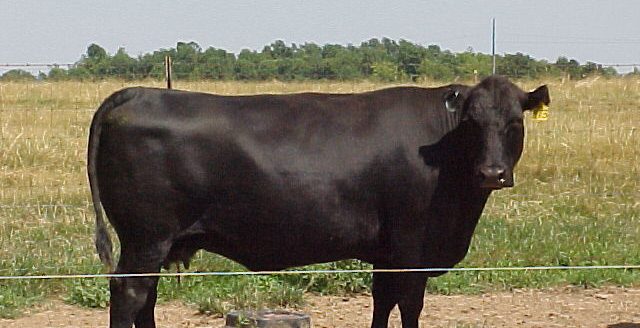Mid-April to mid-June is the ideal time to evaluate your cow herd’s hair shedding ability. This may seem to be a silly thing to do, but hair shedding is a moderately heritable trait. Thus, if you’ve noticed some animals in your herd are still pretty shaggy this time of year, take notes regarding them and their performance.
Researchers at the University of Missouri along with help from Mississippi State and North Carolina State dating back to 2011 have been tracking the time of shedding and its effect on animal performance. They’ve found rate of shedding definitely plays a role in cattle’s tolerance to heat. The American Angus Association has also been involved and is interested in possibly developing expected progeny difference values.
The scoring system is fairly simple using a 1 to 5 value with only whole numbers. A 1 is given to cattle that are totally shed on scoring day. A 2 is 75% shed slick with a small amount left along the underline. The 3 animals are 50% shed with the head, neck and topline being slick. The 4’s will have abut 25% of the body slick, mostly the fore part. The 5 scores will appear to have the full winter coats remaining.
Other hair scoring tips include: Use only one or two scorers; score cattle within a 7-day time frame; score only yearlings or older cattle; take notes on each pasture and age of cattle scored to compare animal’s sire and calving dates. You may see trends develop which help make fescue pasture renovation and breeding stock decisions.
For more information on hair scoring you may contact University of Missouri Extension field specialists in livestock.


